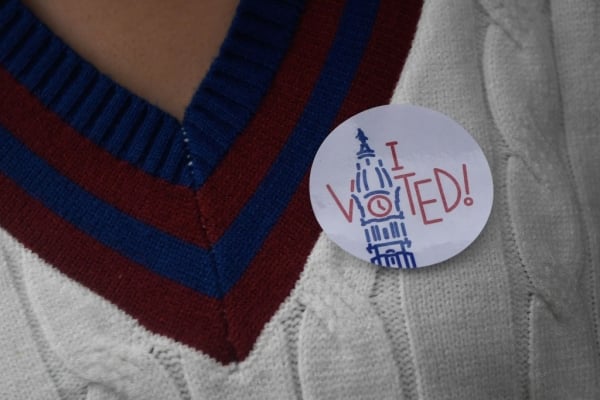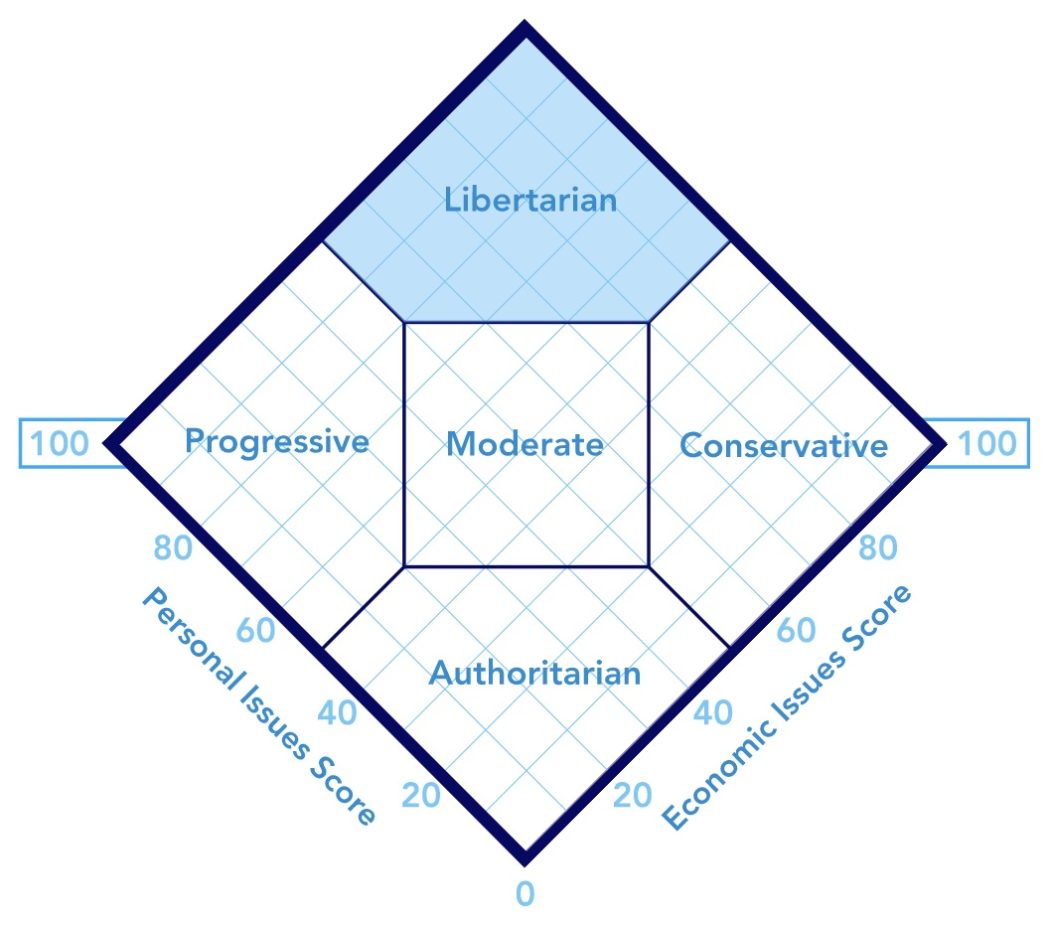Monoculturalist
Gold Member
- Sep 28, 2024
- 274
- 242
- 158
Generics. Those aren't the drugs people want to reimport from Canada.
While contractual obligations with other governments can be a hindrance to us buying drugs from places like Canada, said contracts would be difficult to enforce if our own government didn't also get in the way. Also, the difference in price for them vs. the market here would decrease if insurance bureaucracy wasn't as much a factor here.
It takes many years and hundreds of millions of dollars to get a new drug approved..
Depends on the drug, where the research is done, and what fees the associated regulatory agencies require. The FDA is notorious for charging a lot more than most other government's equivalents. That's a significant portion of the cost from the start. Lower the fees, and the cost comes down a lot.
Cheaper and much less likely to occur.
As you can see by the much lower number of new drugs produced in other countries.
I have to ask. Why do you believe that other countries wouldn't pick up the slack in a market absent of our government's involvement? This very much contradicts how market dynamics work in pretty much any other industry.
If we subsidize research, that makes it cheaper. You seem confused.
Cheaper for the company, yes. Cheaper for the consumer, no. Tax money used for the resources in research incur costs on taxpayers.
They also have to pay for the failed drugs that don't get released.
When looking at the margins they make, that's more than compensated for and would continue to be covered in a market reset.




